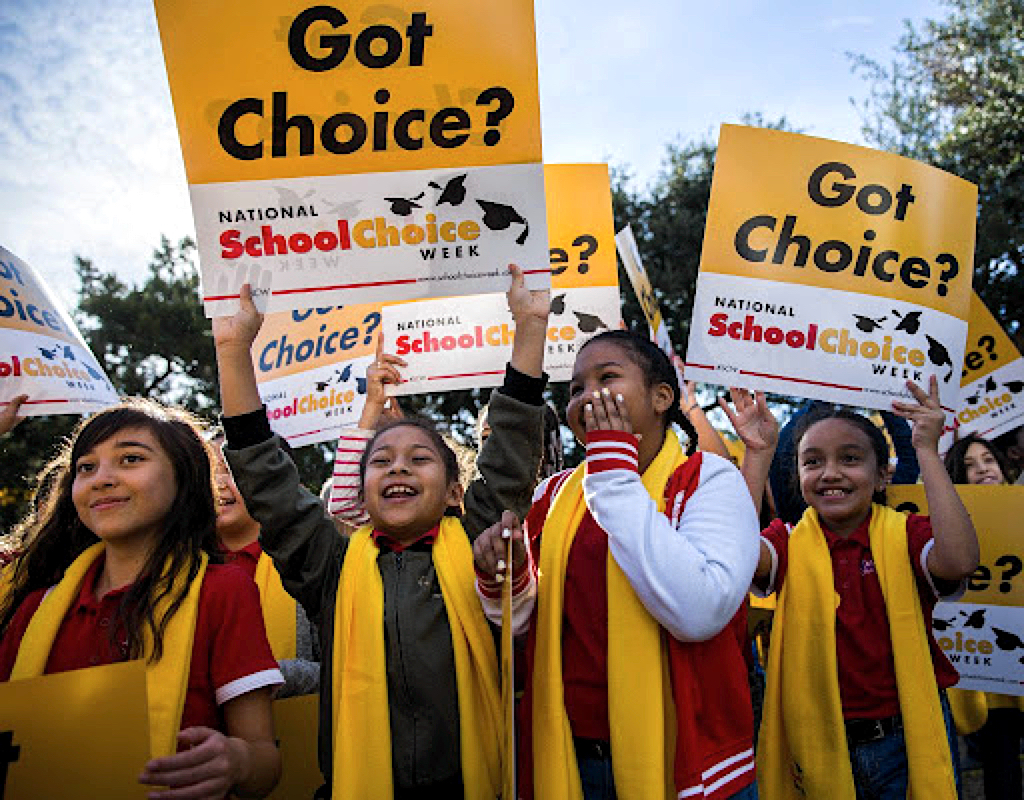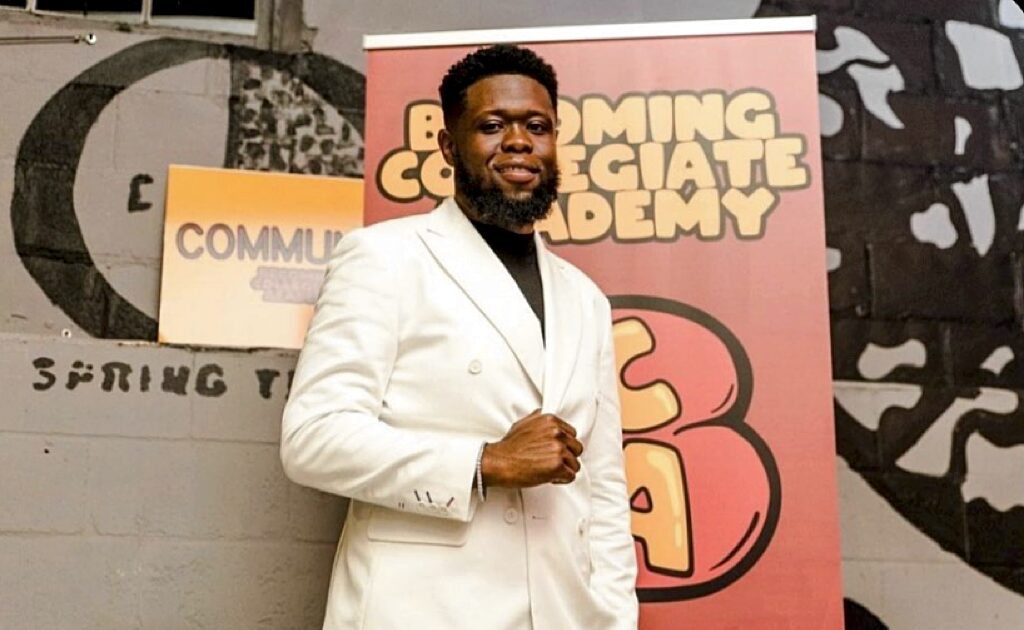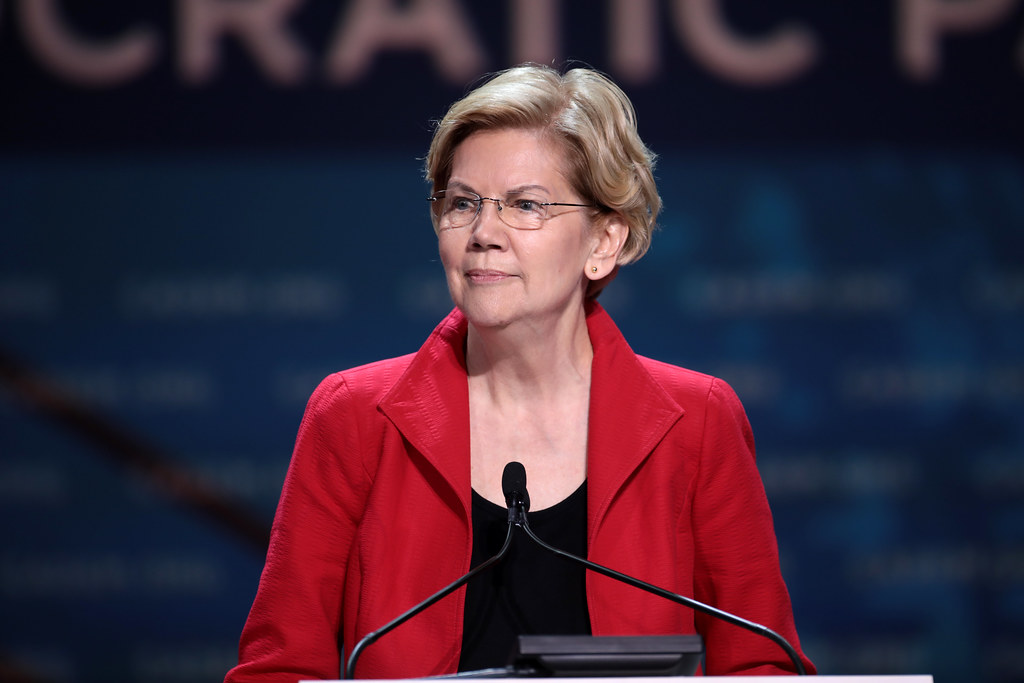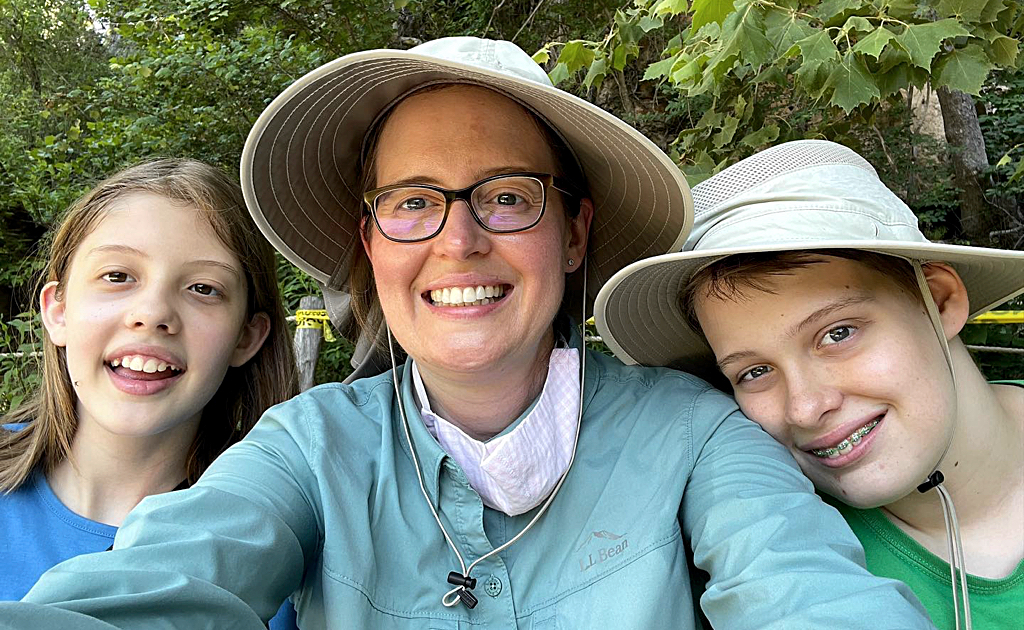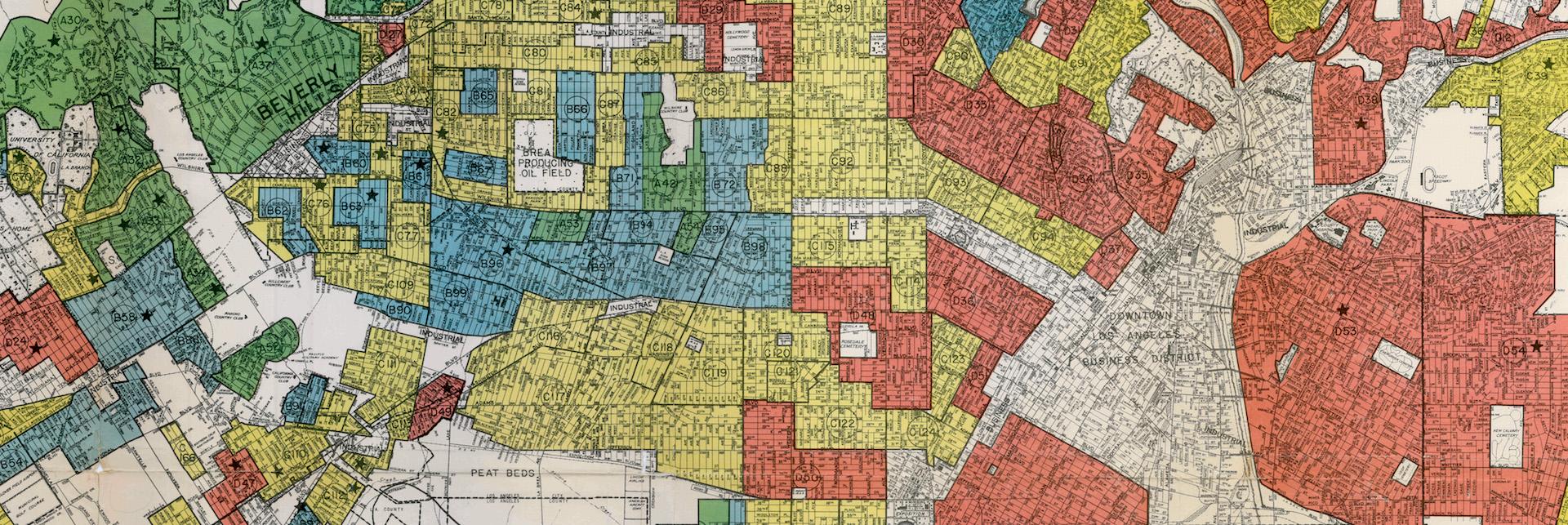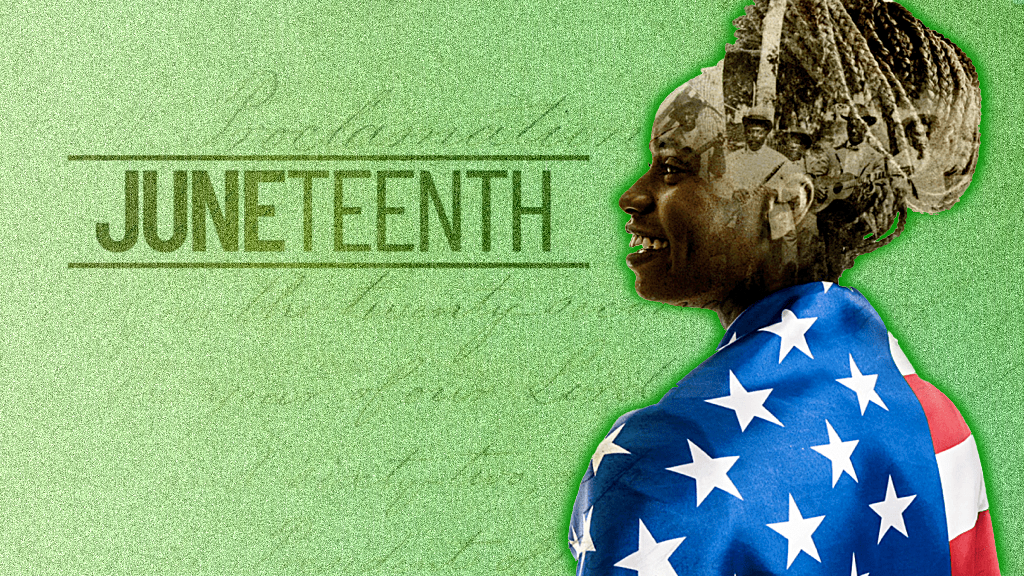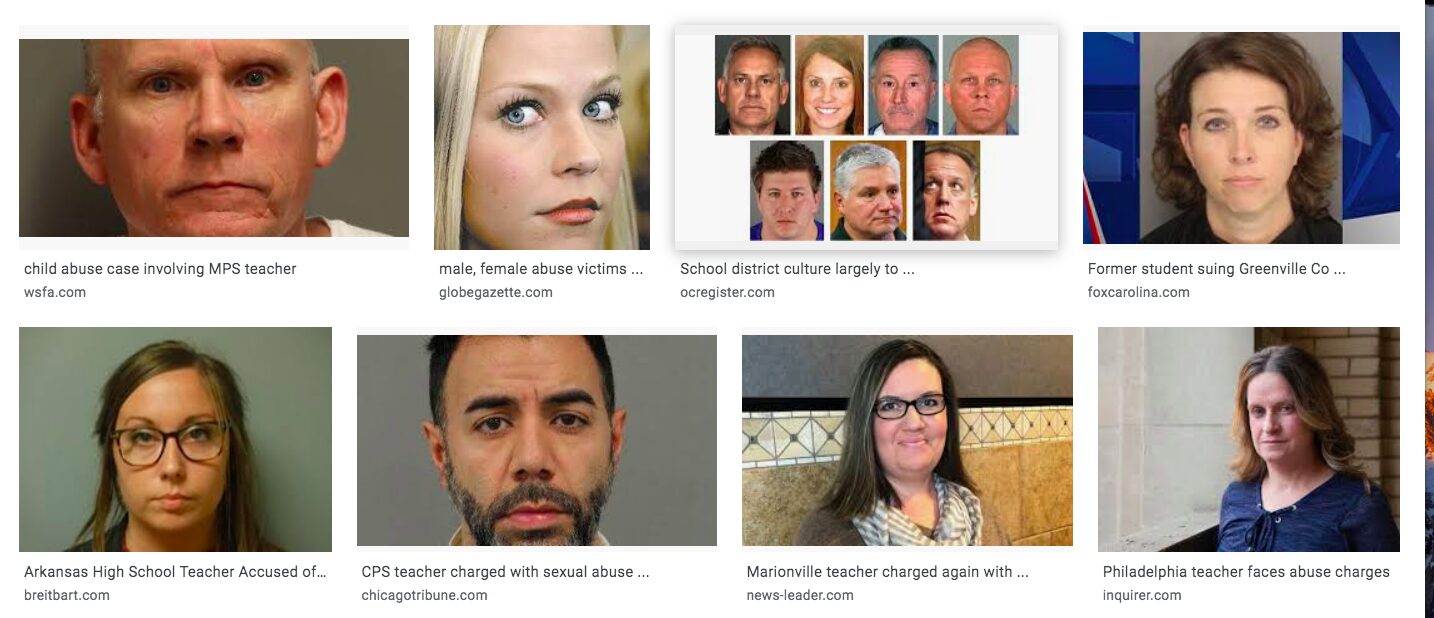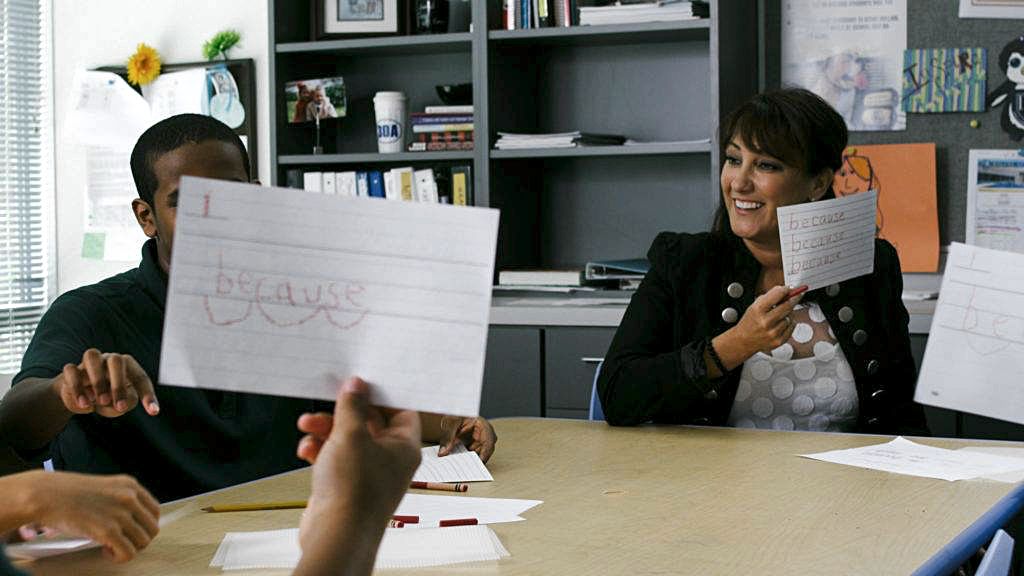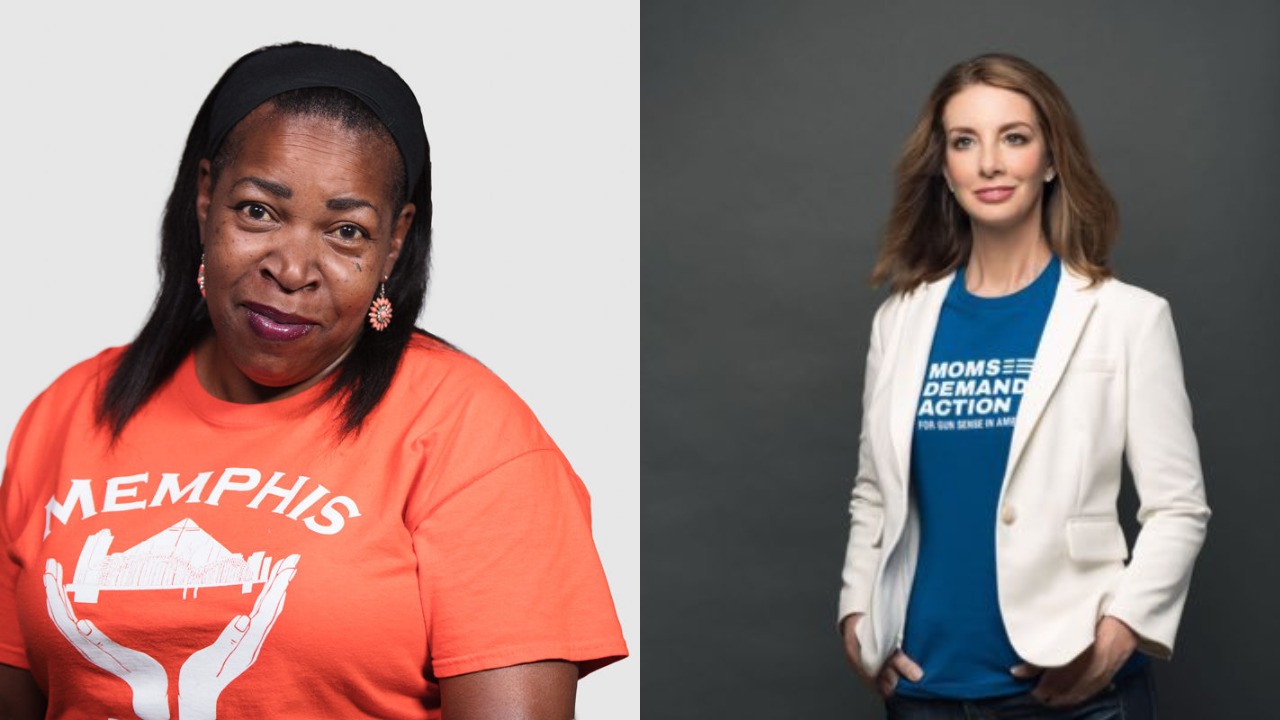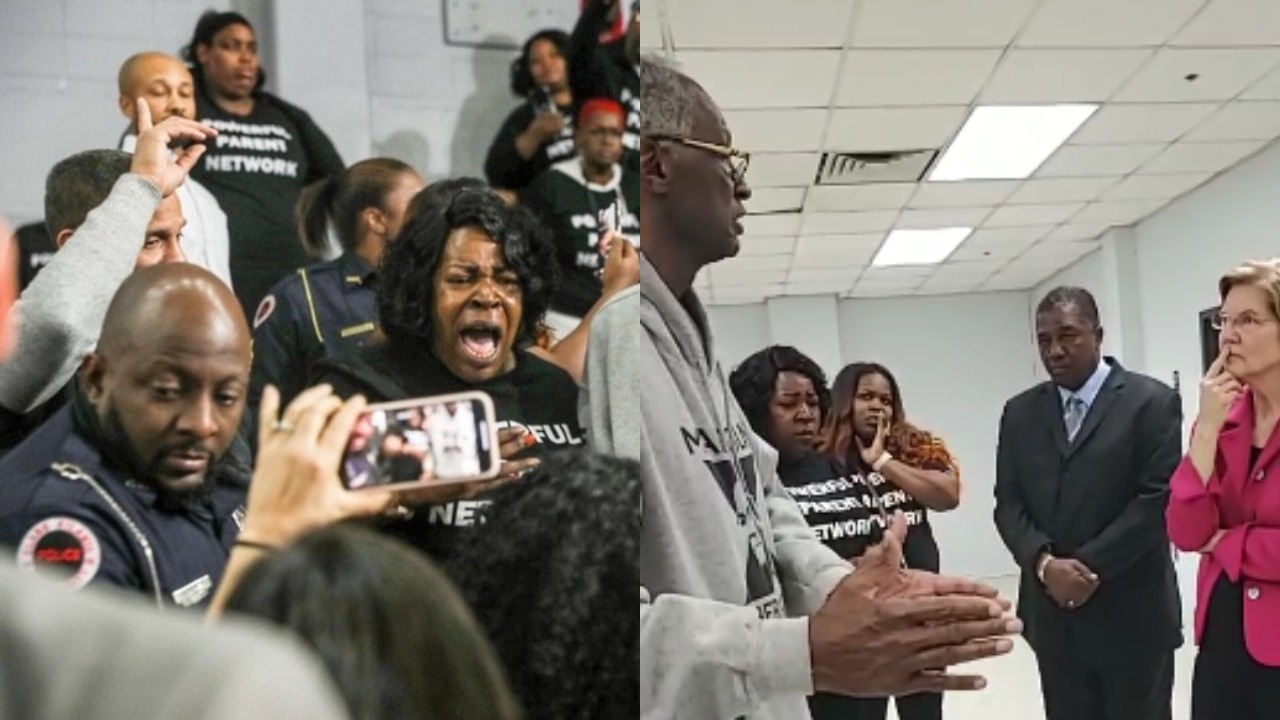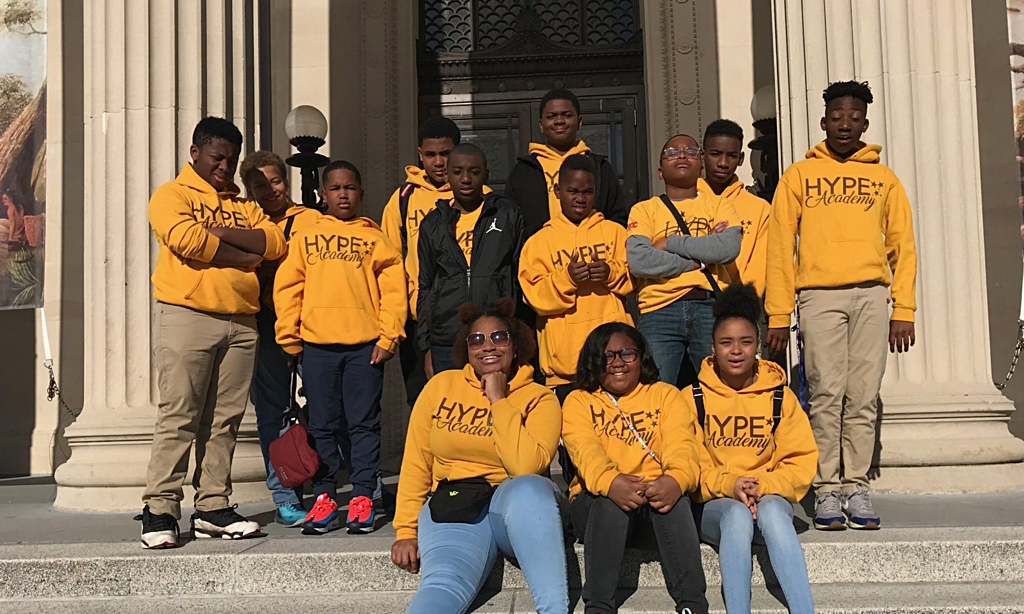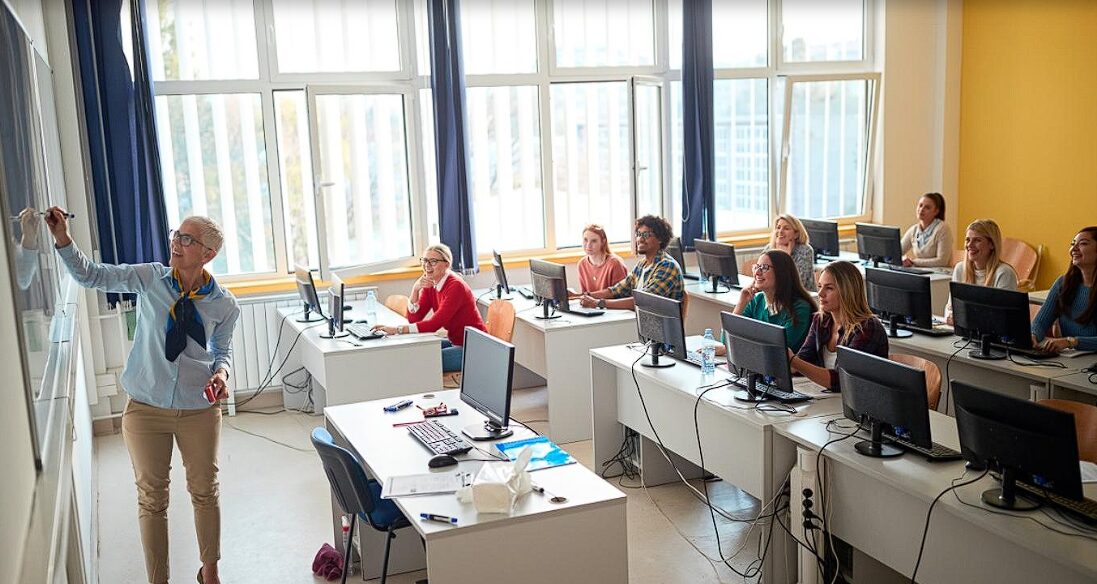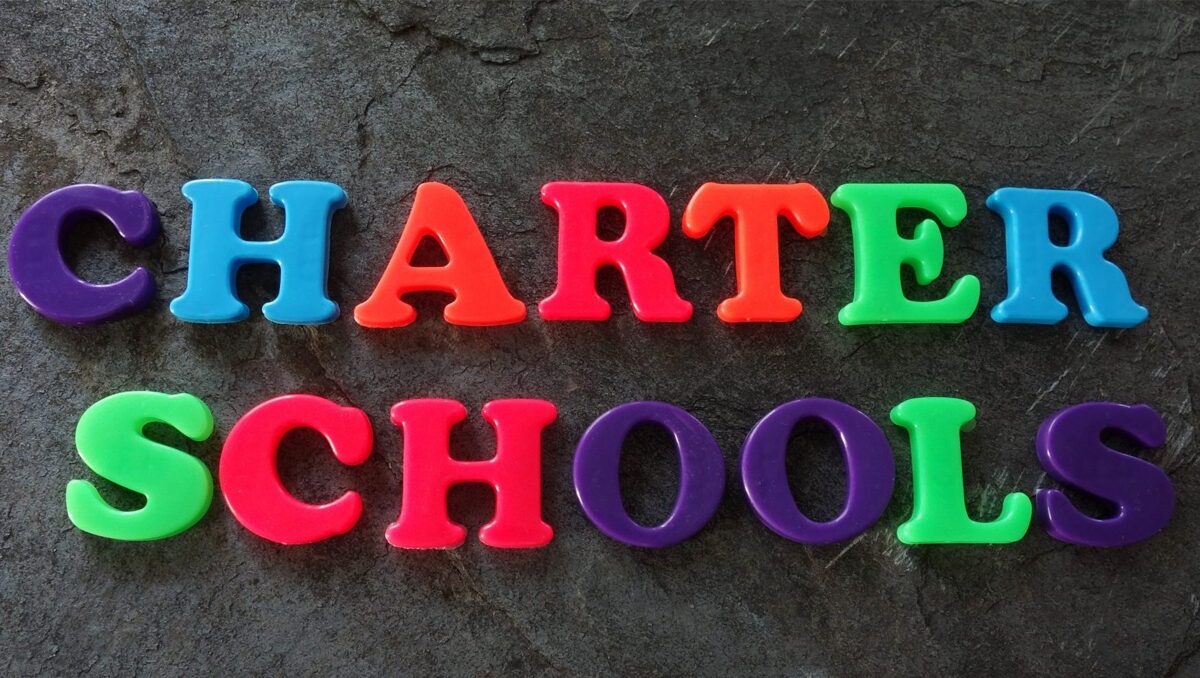We Shined a Light on What Many Refuse to See: World-Class Cities With Third-World Educational Results
That seems like the most appropriate question to ask after my team released “The Secret Shame of Progressive Cities” last week, a report highlighting the fact that gaps in educational outcomes are larger in the wealthiest and most progressive American cities than they are in the most conservative cities.
Our report pointed out the fact that the average Black-White gap in reading is 41 points in progressive cities, but a smaller 26 points in conservative cities. The Latino-White gap is an average of 34 points in progressive cities versus 19 points in conservative cities.
In uber-progressive cities like Portland, Minneapolis and Oakland the racialized gap in student achievement was over 50 points. How is it not a problem that cities with unprecedented resources and political commitments to social justice and racial equity are leaders in educational inequality?
The first responses we saw were predictable. Smart people asked about our researchers’ methodology. Some critics questioned our motives in commissioning the report. Others came to tone-police us with emotive claims that using a word like “shame” in the title was counterproductive if our goal was to inspire progress.
And, of course, as expected, some of our wonkiest “friends” engaged us in long, hair-splitting Twitter threads that raised false flags about how we controlled for income inequality in the cities we research. Was comparing San Francisco to Mesa, Arizona, really useful?
I see feedback as a gift, and my team welcomes any good-faith attempts to assist us with improving our analysis. Indeed, these are many of the same questions and challenges we’ve put to ourselves in the months leading up to the release of this report. Still, I find it telling that critical “friends” would work so hard to miss the point.
San Francisco has a 60-point gap between its White and Black students. Period. Hard stop. Wake up. That’s immoral and fixable.
Education is reproducing social inequity more than solving it, and too many advocates in the field are fascinated with their grant-funded, statistical navel-gazing—which, it seems, is in danger of rendering them useless to any practical movement toward educational parity. We refuse to follow in the footsteps of our friends who are too smart for their own good and too smug to be of any use in a people-powered movement for educational progress.
When we leave Twitter and share the report with community activists and real parents, the feedback is quite different. I have received emails and notes of support from educators, superintendents and parent leaders around the country who see in this report an uncomfortable truth. One that must be acknowledged if we are to make real and meaningful change for children in the cities with the most wealth and economic opportunity.
Last week I participated in a Minneapolis event along with an audience made up of parents, educators, students and community activists. In that room, there was little surprise but plenty of outrage at the hypocrisy abounding in liberal cities where telegenic mayors in $3,000 suits pat themselves on the back for their business havens, while children in their jurisdiction suffer unnecessarily.
It was good to see how different education discussions are when you remove them from the plastic world of online social media and have them with people closest to the inequities we all know exist. I shared the stage with a group of no-nonsense activists who have no patience for second-guessing the extent to which our schools fail our students. This group, including Rashad Turner, leader of the Minnesota Parents Union; Dr. LeeAnn Stephens, a former Minnesota Teacher of the Year; Titi Bediako, a longtime Minneapolis educator; Chauntyl Allen, a school board member from St. Paul and leader of Black Lives Matter; and Nekima Levy Armstrong, a civil rights attorney and leader of Wayfinder Foundation.
For the strong, civically engaged folks in that room and on that stage, “Secret Shame” was a call to arms, a signal flare meant to incite urgency and alarm that our children are not OK, and that the progressive elites in our cities will not act without a fire being lit. It was not a place for lukewarm data warriors who are more apt to flee than fight.
The president of our local NAACP chapter, Leslie Redmond, captured the mood when she said, “Dr. King didn’t warn us about conservatives in his letter from Birmingham. It was the White moderate. And to solve this education crisis, good intentions are not enough.”
“Dr. King didn’t warn us about conservatives in his letter from Birmingham, it was the white moderate. And to solve this education crisis good intentions are not enough.” Leslie Redmond of the @NAACPmpls pic.twitter.com/MCJg6rSzb6— Citizen Ed (@EdCitizen) January 24, 2020
It’s all I need to hear to know our people are not those who call for caution and parse our data while ignoring the stark realities that hold our kids hostage in schools that diminish their dreams. Our people are those who speak plainly and demand action. This report is a beginning for brightbeam and we will continue shining a light on the “shame” in these cities until political leaders either lead—and live up to their allegedly progressive values—or leave.
This piece first ran here at Education Post as part of Chris Stewart’s weekly series, “How Are the Children?”
